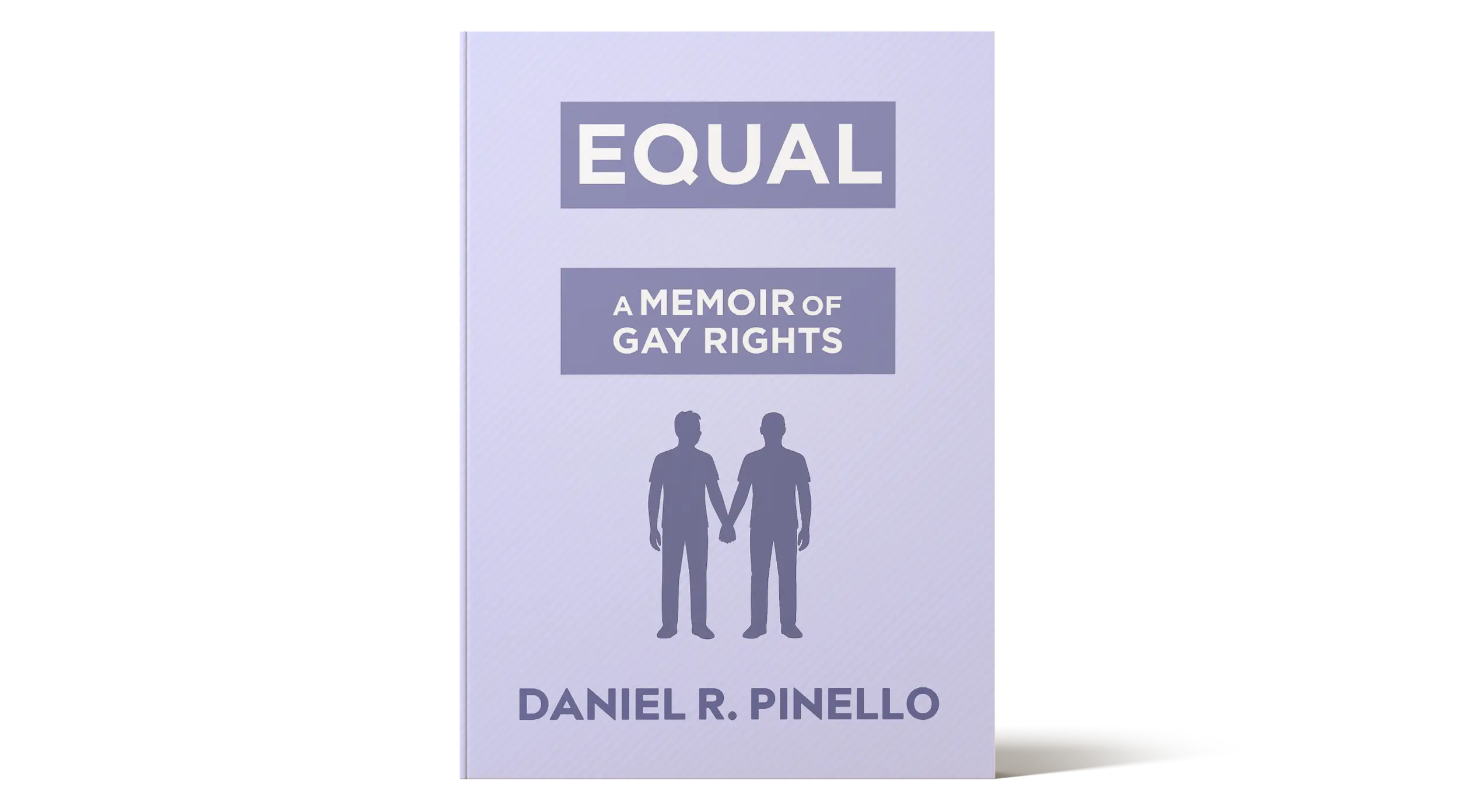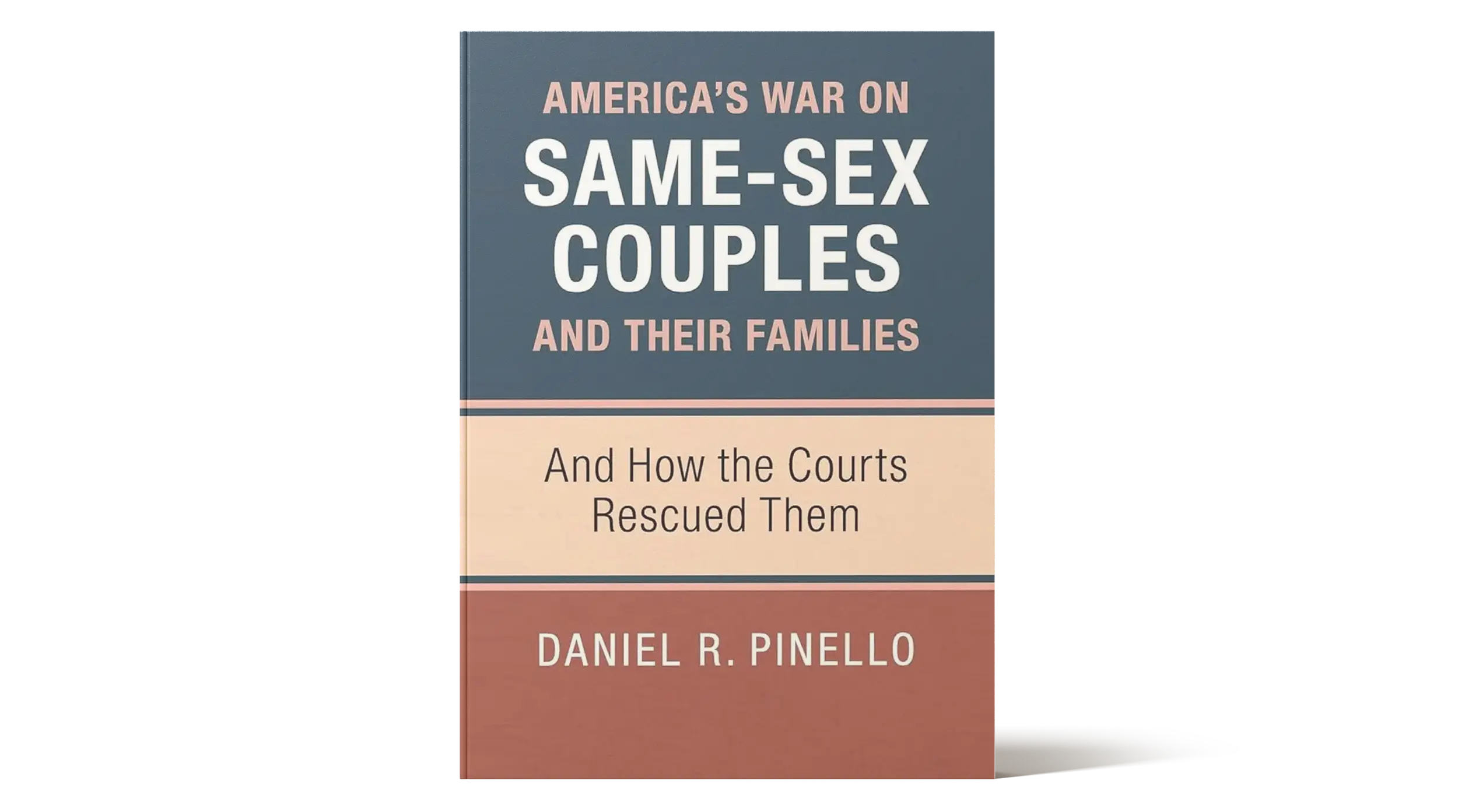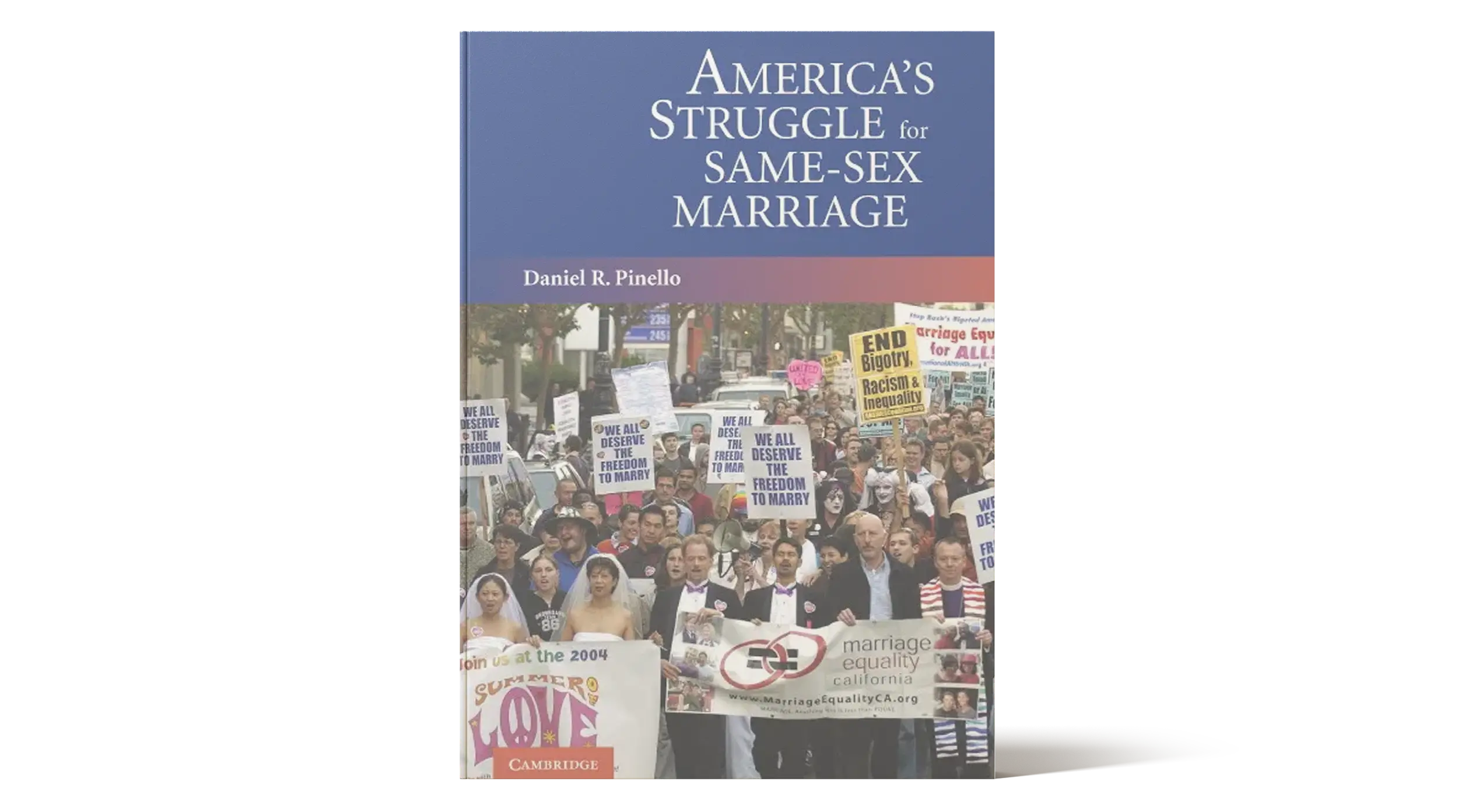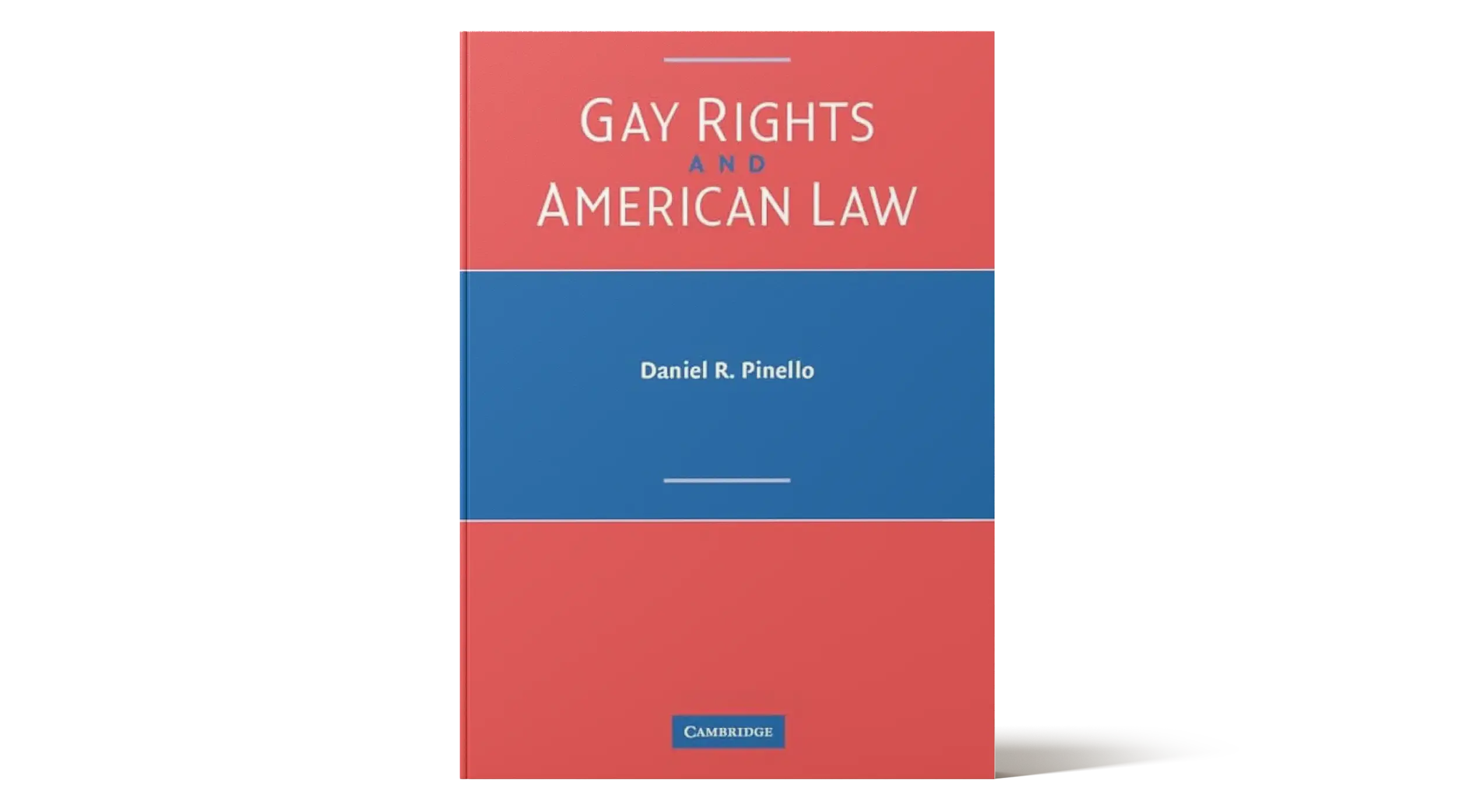City of Dallas v. England
Texas Court of Appeals
846 S.W.2d 957
February 10, 1993
BEA ANN SMITH, Justice
[¶ 1] Mica England, appellee, sued the State of Texas, the City of Dallas, and Mack Vines, challenging the constitutionality of the Texas statute criminalizing private sexual relations between consenting adults of the same sex and seeking to enjoin the Dallas Police Department’s policy of not hiring lesbians and gay men because they violate this criminal statute. The trial court below held the statute unconstitutional and enjoined the City of Dallas and its police chief both from enforcing the statute and from denying employment in the police department to lesbians and gay men solely because they violate the statute. The court granted the State’s plea to the jurisdiction and dismissed the State.
[¶ 2] Appellants City of Dallas and Mack Vines, Chief of Police, complain that the trial court had no jurisdiction to declare this criminal statute unconstitutional. England brings a separate appeal complaining that the court erred in dismissing the State. We conclude that our holding in State v. Morales, 826 S.W.2d 201 (1992), controls appellants’ appeal and that England’s separate appeal lacks merit. Therefore, we will affirm the trial court’s judgment.
BACKGROUND
[¶ 3] England applied for a position with the Dallas Police Department in 1989. She was invited to interview for the position and, when asked about her sexual orientation, she responded truthfully that she was a lesbian. The interviewer then informed England that under the police department’s hiring policy her homosexuality made her ineligible for employment. England sued the police department, Vines (the police chief under whose tenure she was denied employment) and the State, challenging the constitutionality of the hiring policy and the criminal statute underlying the hiring policy. She also sought injunctive relief, damages, and attorney’s fees.
[¶ 4] The trial court declared the Texas sodomy statute unconstitutional and enjoined the police department and its police chief from enforcing the statute and from denying employment in the police department based solely on an applicant’s admission of violating the sodomy law or of being homosexual.
[¶ 5] Appellants’ principal point of error is that the trial court erred in enjoining appellants from enforcing the statute and that portion of the police department’s hiring policy based on the statute.
PROPRIETY OF INJUNCTIVE RELIEF
[¶ 6] Appellants complain that the trial court erred in granting injunctive relief because it erroneously considered the constitutionality of the statute. Having decided that the trial court properly considered the constitutionality of the statute, and this Court having previously held the Texas sodomy law unconstitutional in Morales, we overrule appellants’ point of error.
[¶ 7] Although appellants do not challenge the injunctive relief on any other ground, we note that the traditional equitable requirements of irreparable injury and lack of an adequate remedy at law were satisfied in this cause. In Morales, we held that individuals whose private, consensual sexual activities are criminalized by the sodomy statute suffer irreparable injury simply from the statute’s existence. As we noted there, the State’s failure to prosecute individuals under the consensual sodomy law creates a dilemma: individuals alleging that they are harmed by the statute are unable to attack its constitutionality because of the State’s refusal to enforce it. In this cause, England, who was prevented from completing the job application process with the Dallas Police Department, has actually suffered the concrete injury that the plaintiffs in Morales alleged they would suffer. England, like the plaintiffs in Morales, has no adequate remedy at law. Having no adequate remedy at law and having suffered irreparable injury, she satisfies the two equity requirements for injunctive relief.
We affirm the trial court’s judgment in all respects.



